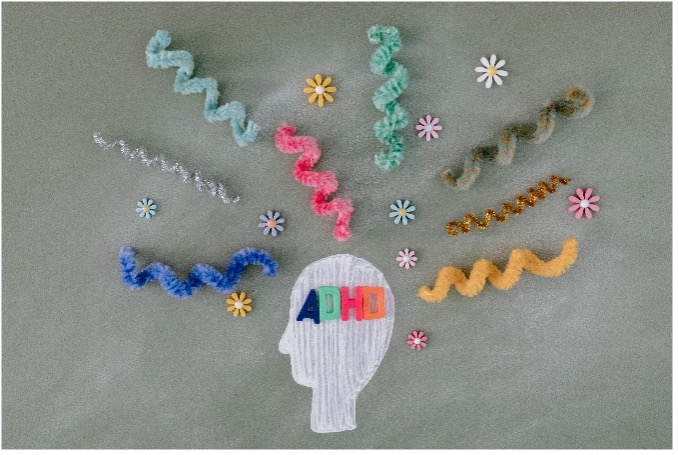ADHD-It’s More Than Just an Attention Issue: Understanding Emotional Dysregulation in ADHD
ADHD (Attention-Deficit/Hyperactivity Disorder) is a neurodevelopmental disorder that commonly presents with symptoms of inattention, impulsivity, and hyperactivity. In addition to these hallmark symptoms, emotional dysregulation is often a prominent feature of ADHD. Emotional dysregulation refers to difficulties in managing and controlling one’s emotions, which can result in intense and unpredictable emotional responses. These emotional responses not only cause distress to the individual, but can also put significant strain on relationships. Here are some key aspects of emotional dysregulation in ADHD:
- Intense Emotional Responses:
Individuals with ADHD may experience emotions more intensely than their peers without ADHD. They may have difficulty regulating the intensity of their emotional reactions, leading to outbursts of anger, frustration, or sadness that seem disproportionate to the situation at hand. For example, a minor setback or criticism may trigger an overwhelming emotional response that is challenging to manage or control. - Mood Swings:
Emotional dysregulation in ADHD can also manifest as rapid and unpredictable mood swings. Individuals with ADHD may experience sudden shifts in mood, such as going from being happy to being irritable or tearful, with little apparent cause. These mood swings can be distressing for both the individual with ADHD and those around them, as they can be difficult to understand and manage. - Impulsive Emotional Reactions:
Impulsivity, which is a core symptom of ADHD, can also extend to emotional impulsivity. This can manifest as impulsive outbursts of anger, frustration, or other emotions without much thought or consideration for the consequences. Individuals with ADHD may struggle to pause and reflect before reacting emotionally, leading to impulsive and sometimes regrettable emotional responses. - Difficulty with Emotional Flexibility:
Emotional dysregulation in ADHD can also result in difficulties with emotional flexibility. Individuals with ADHD may have trouble shifting from one emotional state to another, such as moving from being happy to being calm, or from being anxious to being relaxed. This can result in emotional rigidity, where the individual becomes “stuck” in a particular emotional state and has difficulty adapting to changing situations or managing different emotions as they arise. - Emotional Overwhelm:
People with ADHD may become overwhelmed by their emotions more easily than those without the condition. They may struggle to manage and cope with emotional overload, which can lead to feelings of being flooded, frazzled, or overwhelmed. This emotional overwhelm can further exacerbate emotional dysregulation, making it challenging for individuals with ADHD to regulate their emotions effectively.
- Rejection Sensitivity Dysphoria:
Rejection sensitivity dysphoria describes when an individual experiences a large emotional response that is seated in the belief that they have or will be rejected. Individuals with RSD can interpret critical feedback or conflict in general as evidence of rejection, leading to these heightened negative emotional responses. Although not considered diagnostic criteria for diagnosing ADHD, RSD is frequently observed in individuals with ADHD and is one of the traits that can contribute to hardship on relationships. - Difficulty with Emotional Regulation Strategies: Due to challenges with executive functioning, individuals with ADHD may have difficulty using effective emotional regulation strategies, such as mindfulness, deep breathing, or cognitive reappraisal. They may struggle to implement these strategies in the heat of the moment when emotions are intense, which can contribute to emotional dysregulation.
It’s important to note that emotional dysregulation can vary in severity and presentation among individuals with ADHD. Not everyone with ADHD will experience emotional dysregulation to the same degree or in the same way. However, emotional dysregulation is a common and significant aspect of ADHD that can impact an individual’s daily functioning, relationships, and overall well-being. If you or someone you know is experiencing symptoms of ADHD, including emotional dysregulation, it is important to seek a professional evaluation and support from a qualified mental health professional.



